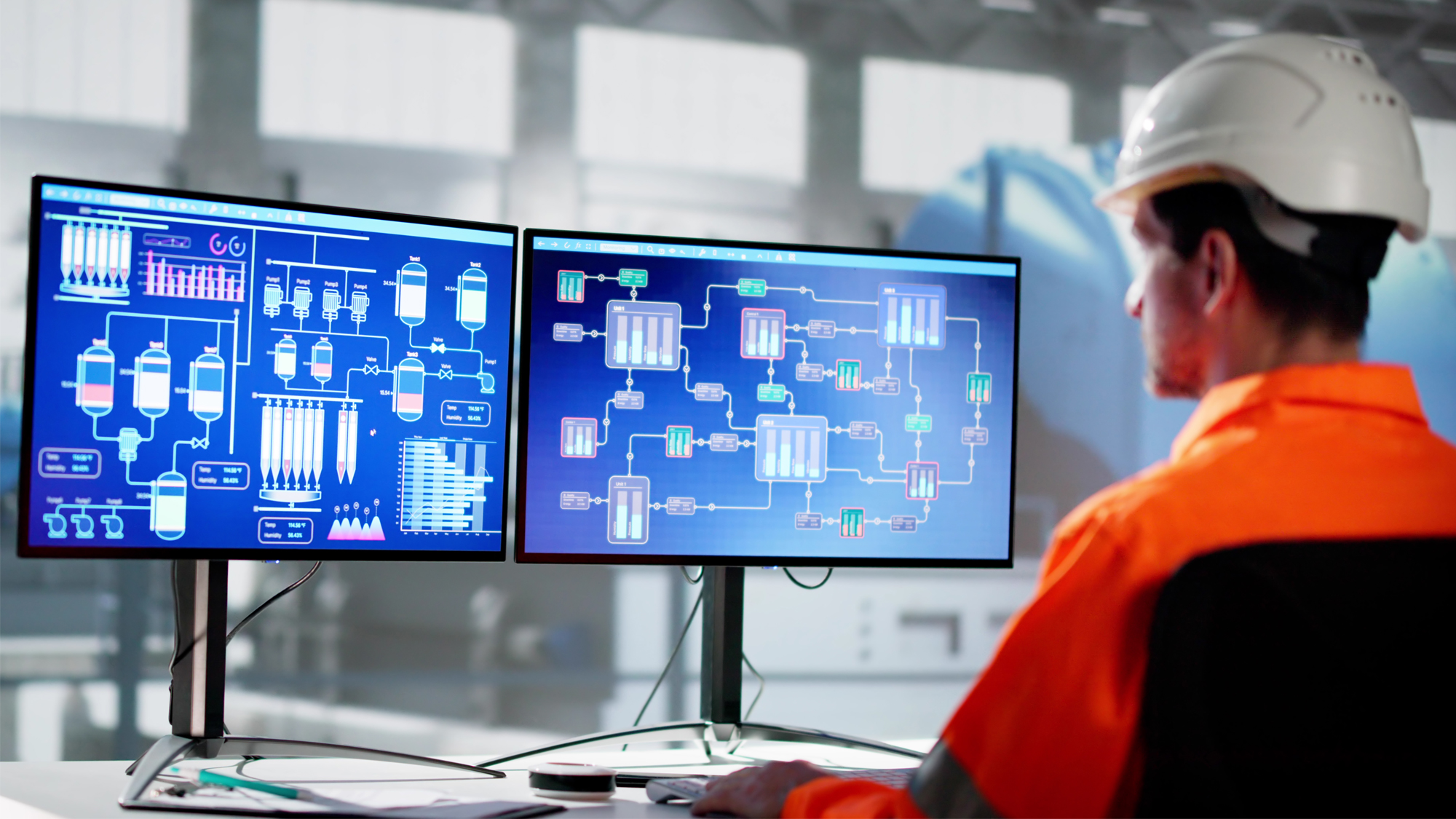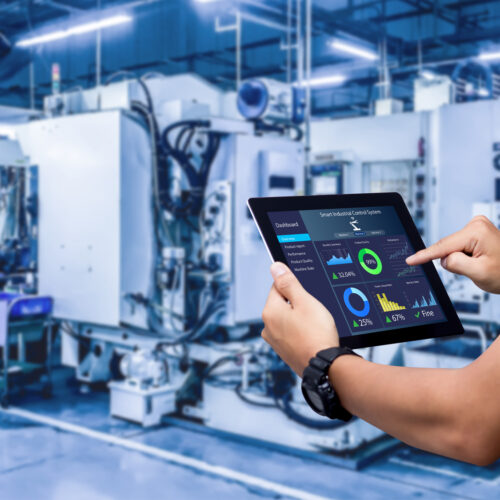Control Systems: Simplified Data Collection and Processing
Control systems play a crucial role in managing and optimizing processes across various industries. By collecting and processing data, these systems help us achieve better performance and efficiency. In this blog, we’ll break down how control systems work and why data collection and processing are important, all in simple terms.
What is a Control System?
A control system is a combination of tools and software designed to manage and direct devices or processes. The goal of these systems is to ensure that processes run smoothly and meet desired standards.
Why is Data Collection Important?
- Real-Time MonitoringData collection allows us to monitor processes in real-time. By using sensors and other devices, we gather immediate information about system performance. This data helps us quickly respond to issues and make necessary adjustments.
- High AccuracyAccurate data helps us control processes with high precision. This is essential for applications that require exact measurements and adjustments.
- Predicting ProblemsAnalyzing collected data helps us predict potential issues before they happen. This can prevent unexpected failures and reduce maintenance costs.
What is Data Processing?
- Data AnalysisAfter collecting data, we need to analyze it to gain useful insights. This involves filtering out irrelevant information and examining data to identify patterns and trends.
- Control AlgorithmsAlgorithms use analyzed data to make decisions and control the system. These algorithms help the system automatically adjust to changes and maintain optimal performance.
- Feedback LoopsControl systems use feedback loops to monitor and adjust the system. These loops help the system make necessary changes based on the current output and desired performance.
Benefits of Data Collection and Processing
- Increased EfficiencyWith accurate data, processes can be optimized, and resources can be used more effectively.
- Enhanced ReliabilityData-driven control systems operate more reliably by identifying and addressing issues before they escalate.
- Better Decision-MakingAnalyzing data helps managers and operators make informed decisions, leading to improved performance.
- Cost SavingsPredicting problems and optimizing processes lead to reduced costs and better resource utilization.
Conclusion
Control systems that focus on data collection and processing provide effective management and optimization of processes. These systems offer accurate and real-time information, helping to improve performance, predict problems, and reduce costs. Utilizing these technologies leads to enhanced efficiency, reliability, and decision-making in various applications.




